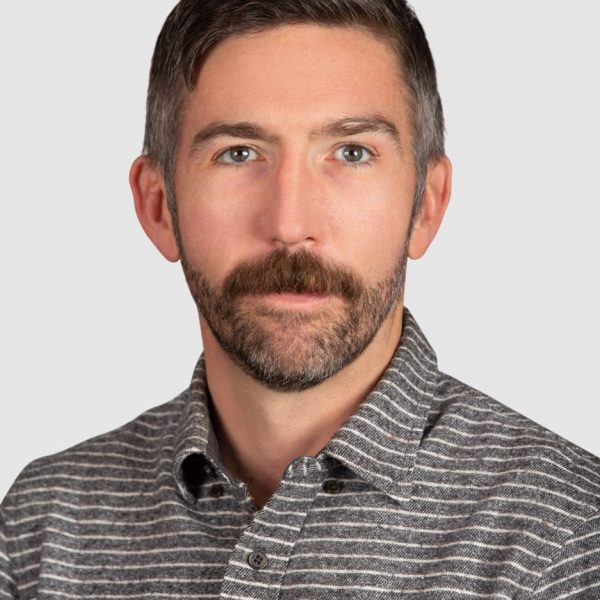Who knew? Autodesk, Inc., the company I co-founded in 1982, has a vice president of “ESG and Impact”:
https://twitter.com/autodesk/status/1526935645234638850
Here is his post on 2022-05-10, “Accelerating Carbon Management for our Customers, Industries, and the Globe”.
Read the whole hilarious thing, but here’s a taste—just the first two paragraphs.
Here’s a quick thought experiment: what if society doesn’t address climate change? Answer: The world will go on without us. Yes, the planet will be warmer, inhospitable and more climatically dangerous, but the biosphere will adapt. Climate change is an existential threat—but only to people. If we humans disappeared from the planet, the earth would be just fine.
As someone whose job it is to focus on business solutions for societal problems, I think about this all the time. We need to stop climate change because of the impacts it will have on future generations. Hence, the urgency I feel as I lead Autodesk’s environmental, social and governance (ESG) and impact work. And the satisfaction I find in knowing we are providing our customers with tools to turn the tide on global carbon emissions.
He then directs readers to the “Autodesk FY22 Impact Report” [PDF, 83 pages], which is one of the funniest things I’ve read issuing from that company since the 1985 “Prime Time” advertisement copy (which, to be precise, we did not issue since I put the kibosh on it after I stopped laughing after reading it).
From page 52 of 83:
Transgender and nonbinary inclusion
In addition to Autodesk earning a 100% rating and designation as a Best Place to Work for LGBTQ Equality on the Human Rights Campaign Foundation’s Corporate Equality Index, the Pride ERG formed an initiative to provide peer mentorship and advance inclusion for transgender and nonbinary employees. In partnership with the Culture, Diversity & Belonging team, during 2021 the group helped expand options for pronoun visibility across Autodesk employee directories, worked to evaluate access to all-gender restrooms in offices globally, and collaborated with the company’s benefits team to remove any remaining restrictions on gender-affirming health benefits under our primary US insurance vendors.
When I designed Autodesk’s original letterhead (the address was my house in Mill Valley, California, which was our original premises), it read:

“Excellence in Computer Software”. That was early in 1982, about four decades ago. Who-da-thunk that forty years on, “expand[ing] options for pronoun visibility” would be a priority alongside that.
Back in the day, we had all kinds of weird and wonderful people working for Autodesk. I doubt they have anybody today as “diverse” as Captain Crunch or any number of others I could cite. I was on record having said about hiring programmers, “I don’t care if they sleep hanging from trees and drink blood. If they can write great code, we want them here.” Reducing the candidate pool by excluding people based on any other criteria was just stupid and, since an ambitious company surfing on the edge of extinction can’t afford to be stupid, we didn’t do that.
Of course, this Autodesk leader of the “Impact team” which excreted the above-cited document, Joe Speicher, has a dumbeard™.

There’s stupid, and then there’s California stupid.